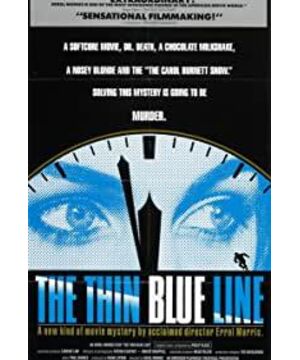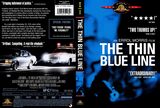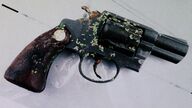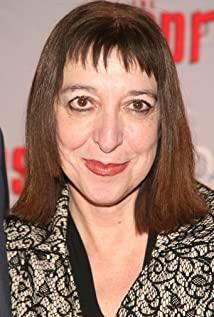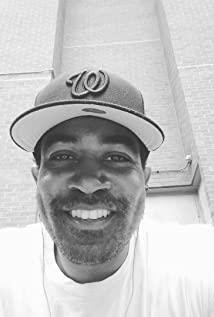Today I finally resisted laziness and started writing. I really like neatness and formatting, here more of a classical pieces instead of stereotype, speculative, temperamental, I really like the deep silent blue inside, just like watching a historical painting by David, harmonious and orderly. Very storytelling.
We need stories, we also need to tell stories, this is my recent experience, both are equally important. So in my opinion, every interviewee is an excellent storyteller. If everyone becomes like this, I am afraid that the competition pressure of film practitioners will increase. What can I do? I really worry about it.
Of course the best thing is how to do it. My exaggerated hypothesis: let the respondent recount first? Then try to add adjective verbs to make the scene more vivid? At the same time try to control emotions in the narrative process? What am i doing?
I have seen writing multiple perspectives narratives, material display, Rashomon, facts and reversals. Well, they are all unified, very consistent, and unlike the director putting so much at a work with more ambition, so it’s very good. I like it, and I really agree to appreciate this kind of narrative logic. These are like the frame and skeleton of a house. We need this thing to support it.
Oral history has become a big stage instead. Everyone has a short story for everyone. Starting from every opposition point, he likes a restrained stand and a completely non-radical enlightenment.
And it’s music, Philip glass, intoxicating, a powerful music that echoes in a person’s quiet moments. I like it very much. I am too illiterate and know too little about music. I wish I have more time. ..
The thin blue line, I don’t know if there is a metaphor in English, but to me, it is more like a cotton knitting thread, which can be used to sew and repair clothes. Some people can see it, some people Invisible.
View more about The Thin Blue Line reviews


